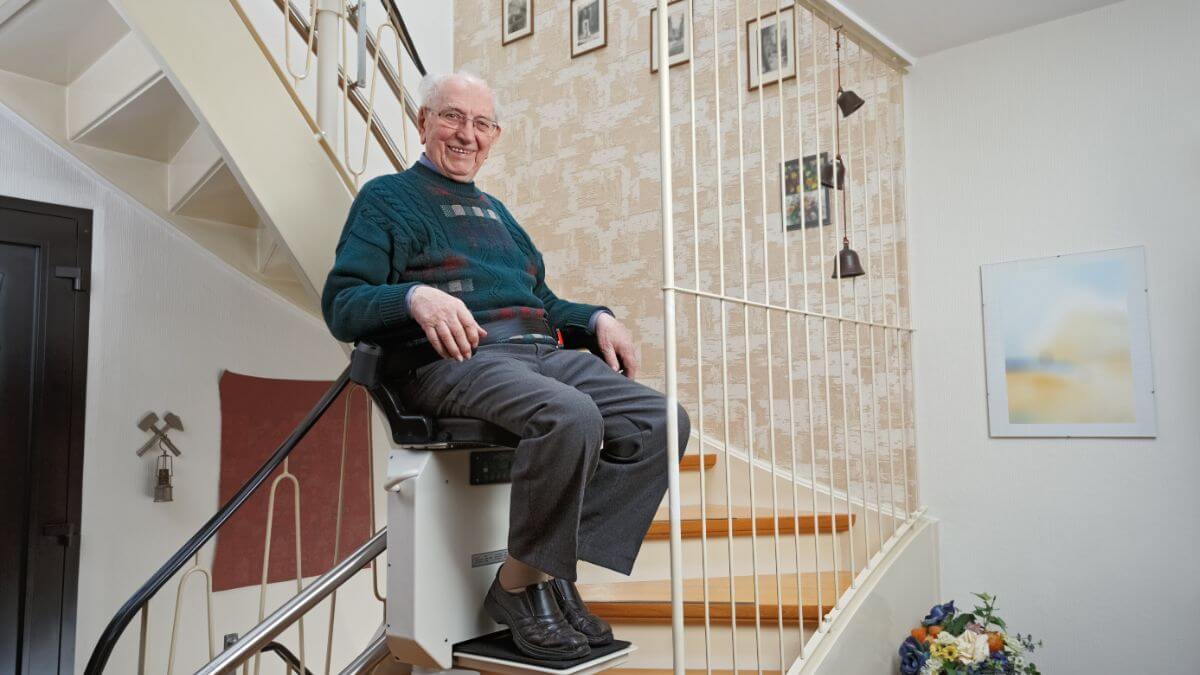Services
Assessment/Consultation

Assessment and intervention for functional autonomy at home
An assessment to determine the functional capacities of the client in completing self-care tasks and activities of daily living. This service includes the recommendation of technical aids as needed, training in the safe and functional use of the recommended equipment and teaching strategies for managing daily living (energy conservation, fall prevention, etc.).

Assessment of personal assistance needs at home
This assessment is designed to evaluate the client’s functional autonomy and safety in completing self-care tasks and activities of daily living in order to determine home support services. Recommendations for the use of technical aids and specialized equipment can also be provided to optimize the client’s functional autonomy, but also to assist the caregiver or support persons who provide the care routine.

Home assessment and adaptation
The occupational therapist completes an assessment of the architectural barriers in the home of a client presenting a mobility impairment and recommends required adaptations in order to promote the client’s functional autonomy and safety in the home. These services are offered to insurance companies or to a private client who wishes to apply for a grant under the Home Adaptation Program (HAP). Funded by the Société habitation du Québec, the HAP was created to help persons living with a disability pay for the cost of adapting the home they live in and making it accessible. While the assessment of accessibility within a home can usually be covered by a public service occupational therapist, there can be a long waiting list. By using the private sector, it is possible to speed up the assessment process and receive this assistance more quickly.

Assessment of ability to drive a car
This assessment is completed with clients presenting issues with driving due to cognitive, neurological, or orthopedic disorders. This assessment helps determine if the client has the skills required to maintain their driver’s license, if they have the potential to improve through driver training, or if the client’s vehicle will require adaptations. The assessment is conducted initially in a clinical setting to assess the physical and cognitive components necessary for safe driving. The on-road evaluation component will then be carried out in collaboration with a driving instructor.